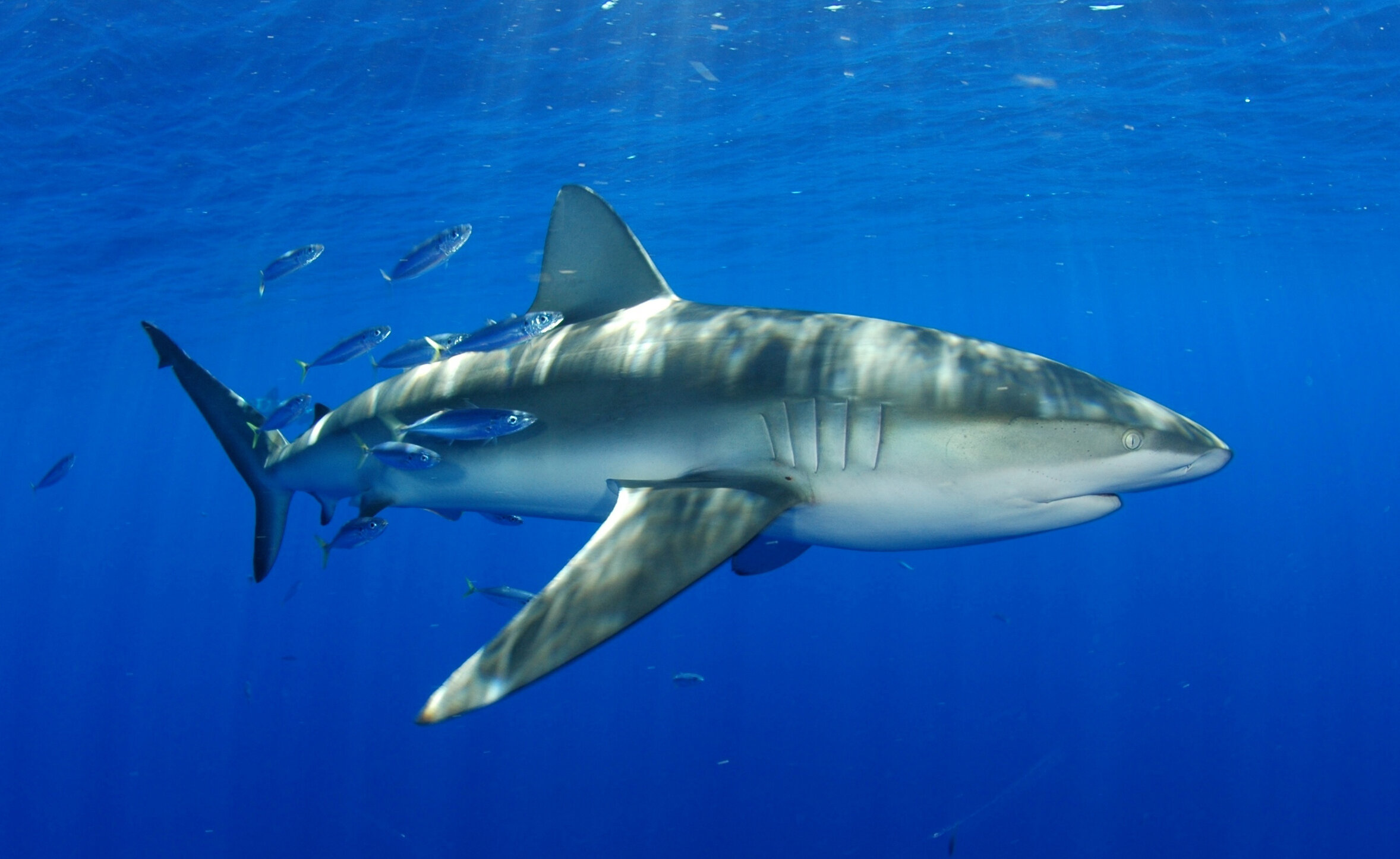A National Bill: The Shark Fin Sales Elimination Act
For years the movement to ban the sale and trade of shark fins in the United States has been growing via a series of important state fin bans. The natural progression has led towards a nationwide ban on the sale of shark fins. It is the best way to ensure that the U.S. is not supporting shark finning and stops participating in the international trade of fins.
The Shark Fin Sales Elimination Act, which would ban the buying and selling of shark fins in the United States did not make it through Congress on the first two attempts. Advocates and congressional sponsors didn’t give up. The bill was reintroduced on Apr 22, 2021, by Congressmen Michael McCaul (TX-10) and Gregorio Kilili Camacho Sablan (MP-AL). You can read the official announcement by Congressman Michael McCaul by visiting this link. This new introduction comes with renewed hope, as we are dealing with a different administration and more co-sponsors of the bill than ever before. This third time has got to be the charm. If you are wondering why there are campaigns on a National as well as state-level, read this blog.
UPDATE FEB 2022 - BILL PASSES THE HOUSE AS PART OF A LARGER ACT
The first week of February 2022 the U.S. House passed measures to stop the trade of shark fins as an amendment to the America COMPETES Act. The package also included amendments banning the use of driftnets in federal waters and measures to curtail illegal fishing. All bills and amendments will now have to be reconciled with the Senate versions during conference before the Act goes on to President Biden for signature.
CONGRATULATIONS to all advocates that have been working for years to pass equivalent State legislation to ban the trade of fins, to address drift gillnets, and overfishing. All of those efforts were needed to get to this point. And of course, an equally big THANK YOU to all of you that have supported, signed petitions, written letters, and have personally shown up to hearings. This is proof that many small actions can add up to a very big result. We just have to keep chipping away and make progress, no matter how small it may seem at the time.
MAY 2021: FIN BAN PASSES THE SENATE
The Shark Fin Sales Elimination Act (previously S. 1106) was added to S. 1260, the Endless Frontiers Act. The Endless Frontiers Act was, in turn, added to the U.S. Innovation and Competition Act which passed the Senate on June 8th. Now the Act needs to be approved by the House of Representatives. As with all legislation, it is not only important that we ask for passage of this Act, but that the provisions for the fin import/export are kept intact, with the only exemption being the existing ones (fins from certain dogfish species).
WHAT IS SHARK ALLIES’ PART IN ALL OF THIS? Dive into our history with fin trade bans:
The movement of shark fin bans started with the Hawaii bill in 2010, spearheaded by Shark Allies’ Stefanie Brendl and introduced by Hawaiian Senator Clayton Hee. This bill was the first of its kind, a brand-new way to attack wildlife trafficking in policy: a ban on the trade, sale, and possession of shark fins. The language of Hawaii’s ban sparked a new foundation for many other wildlife bills to follow, such as ivory and rhino horn. Also following in Hawaii’s footsteps, 14 other U.S. states, many Pacific Island Nations, and all of Canada have since banned the shark fin trade. Shark Allies is proud to have played a critical role in many of these places, including most recently, Florida. Then, Florida was notorious as the hub of the shark fin trade for the United States until Gov. DeSantis signed the Kirstin Jacobs Ocean Conservation Act (#NoFinFL) into law on September 18, 2020.
Successful passage of the Florida bill and now the promising trajectory of a federal bill (Shark Fin Sales Elimination Act) are not the end of the fight. The momentum carries on to the higher levels of national and international measures that would not be possible without the groundwork from Hawaii. Shark Allies is collaborating with many national and international partners to keep moving the needle. Even when we cannot lead the charge, it is our priority to lend a hand to other great advocacy groups that are fighting their local battles. Looking beyond our own country, we are proud to partner with initiatives to end the shark fin trade in the United Kingdom and European Union. To protect shark populations, we must continue to address overfishing on a truly global scale.

